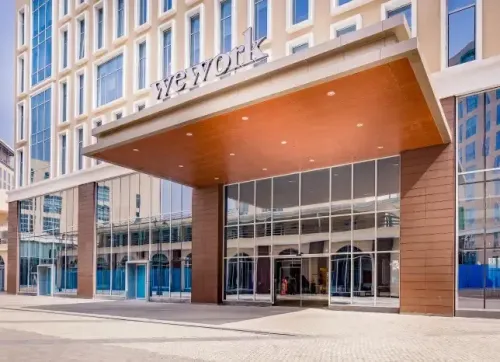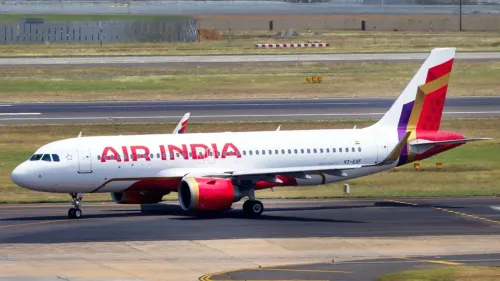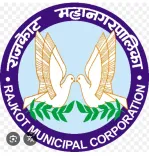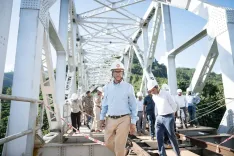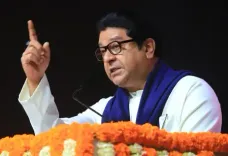Does India’s Startup Surge Reflect PM Modi’s Vision? Rishi Sunak at NDTV World Summit 2025
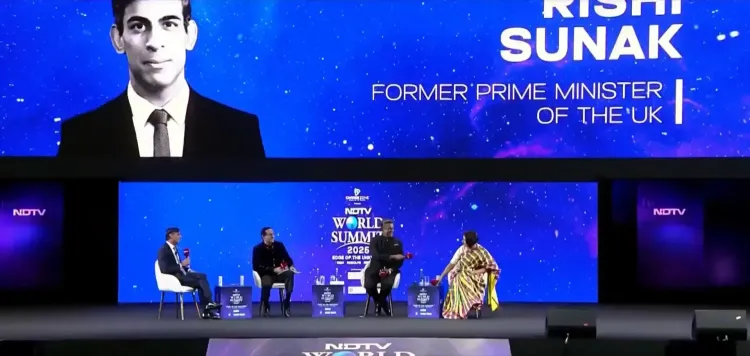
Synopsis
Key Takeaways
- Rishi Sunak emphasizes the importance of innovation in global partnerships.
- India has surpassed the UK in unicorns, reflecting its growing startup ecosystem.
- The Indo-Pacific region is crucial for democratic trade cooperation.
- AI technology is a key driver of future growth.
- Sunak advocates for the India-UK free trade agreement to enhance economic security.
New Delhi, Oct 17 (NationPress) Former British Prime Minister Rishi Sunak enthralled participants at the NDTV World Summit 2025, hosted at the Bharat Mandapam in New Delhi, with a compelling address that combined personal anecdotes, geopolitical commentary, and a compelling call to embrace uncertainty.
Aligning with the summit’s theme, “Edge of the Unknown: Risk, Resolve, Renewal,” Sunak’s session titled “Navigating the Unknown: Policy, Power, Perspective,” provided a blueprint for international cooperation amid significant global changes.
Opening with a warm pre-recorded message, Sunak expressed: “Hi India, this is Rishi Sunak. I am thrilled to be at NDTV’s World Summit at the Bharat Mandapam in Delhi. I’m looking forward to discussing the future of global growth with India’s rising stars. And of course, looking forward to seeing my good friend, Prime Minister Narendra Modi ji, and meeting the young leaders who are shaping the future.”
His remarks, rich with his Indian heritage, resonated as he arrived in the capital, where he met PM Modi to strengthen collaboration in education, innovation, and women’s empowerment.
The meeting at PM Modi’s residence underscored the lasting friendship between the two nations, a theme Sunak carried seamlessly into his speech.
Addressing an audience filled with anticipation, Sunak tackled the summit’s key themes—risk as opportunity, resolve as intentional action, and renewal as transformative reinvention.
He began by reflecting on his time as Prime Minister, a period marked by economic challenges and recovery from COVID-19.
“I wanted to resolve the economic issue, that’s what I was there for,” he noted, highlighting his success in bringing UK inflation down to a stable 2 percent.
However, he balanced this triumph with humility by quoting his mother-in-law, Sudha Murty: “You have to just do your best. That’s what my mother-in-law says, you have to give your best and then leave it to your God.”
The anecdote, shared with a grin, garnered laughter, grounding his high-stakes narrative in familial wisdom and reinforcing the summit’s emphasis on human-centered leadership.
Sunak then shifted his focus to the evolving global landscape, which he described as irrevocably changed.
“The old global order that people of my generation grew up with is gone, and I don’t think it is coming back,” he asserted, tracing the shift from post-Cold War optimism to a contemporary multipolar reality.
He pointed out that the promise of globalization has weakened, with tariffs re-emerging as countries focus on internal resilience amidst vulnerabilities highlighted by pandemics and geopolitical tensions.
“The focus will now be on multi-polarity and domestic capabilities,” Sunak emphasized, urging nations to navigate the balance between self-reliance and open collaboration.
For him, India serves as a model of this equilibrium, its rapid growth symbolizing hope for the Global South.
Praising India’s achievements, Sunak noted its surpassing of the UK in the number of unicorns—billion-dollar startups that epitomize entrepreneurial vigor.
“India has just about surpassed the UK in terms of the number of Unicorns... the economy is growing very fast,” he stated, attributing this success to Prime Minister Modi’s vision.
He highlighted India’s advancements in technology and energy, from digital infrastructure to solar power, as proof of its determination.
“For the first time in 100 years, cricket is going to be a sport in the Olympics in 2028. This is because of India,” he remarked, blending cultural pride with economic optimism. These accomplishments, he argued, place India at the forefront of global innovation and ambition.
Technology, especially artificial intelligence, was a focal point of Sunak’s address. He expressed astonishment at its rapid growth: “Telephone, electricity and other tech took decades, ChatGPT took just two months to reach the 100 million user mark.”
While recognizing AI’s challenges—from job displacement to ethical concerns—he maintained an optimistic outlook. “There are certain drawbacks to AI, [but] my bias lies towards being pro-innovation,” he stated, advocating for policies that foster creativity.
He referenced the ‘FinTech Bridge’ between London and Mumbai, a byproduct of his premiership, as a template for cross-border collaboration in finance, healthcare, and education. Such partnerships, he contended, turn risk into opportunity, aligning with the summit’s theme of renewal.
Geopolitics was also a significant aspect. Sunak addressed China’s influence with careful consideration: “It is clear [China] does not play by the same rules that many of the rest of us were playing by. They don’t view trade purely as an economic function, and it has meant that countries have to think about security, IP theft, alongside trading relationships.”
He advocated for the India-UK free trade agreement as a necessary counterbalance, a deal aimed at enhancing trade, safeguarding intellectual property, and ensuring economic security.
“We must build coalitions of the willing,” he urged, framing the Indo-Pacific as a hub for democratic collaboration on trade and maritime freedom.
Sunak’s presentation was enriched with personal anecdotes, endearing him to his audience. When asked who provides better advice—his mother-in-law, Sudha Murty, or father-in-law, Narayana Murthy—he navigated the question diplomatically, commending Murthy’s principle of altruistic service.


